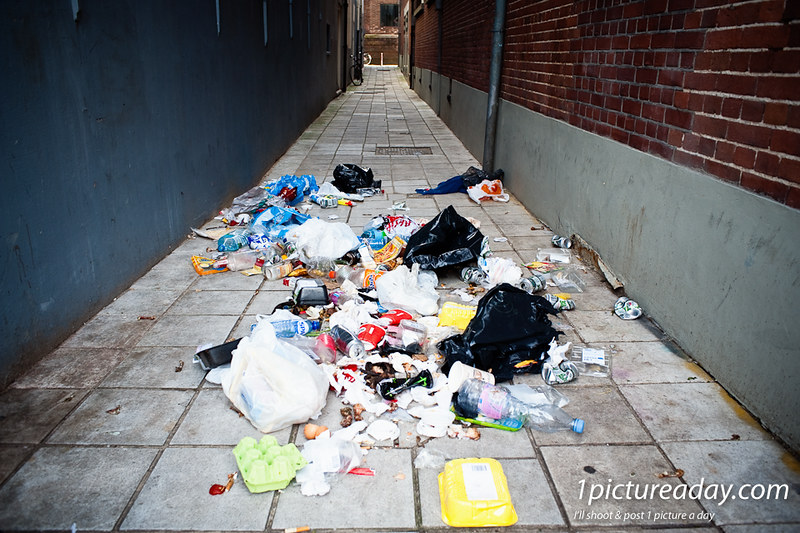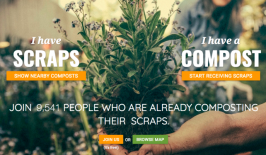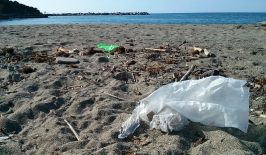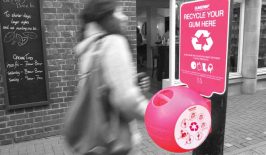According to Germany’s Federal Environment Agency, Europeans throw away an average of 167.3 kilograms of packaging every year. In fact, Germany is the worst offender in terms of packaging waste production, creating an average of 220.5 kilograms of packaging waste per capita in 2016! A general rethink is necessary in order to change this and reduce the amount of disposable packaging offered with products, such as disposable coffee cups and takeaway containers. Unfortunately, there is still a long way to go…
When it comes to managing the current waste mass, city authorities are faced with a major challenge: Where there are many people, there is also a lot of waste. In addition, garbage piles in cities often develop a strange life of their own, that is, where there is already a bit of waste on the street, more will soon be added. In a study by Berlin’s Humboldt University, the reasons for this “littering behaviour” include convenience and poor upbringing, but also inefficient waste collection. For example, because of fixed collection facilities and routes of the waste disposal companies, rubbish bins may sit overflowing and uncollected while half-full bins are picked up.
Sensors for Smart Bins
A Bulgarian startup has developed a fairly simple but effective solution to this problem: ConnectedBin equips waste bins with an autonomous sensor device and makes them “intelligent.” Data is collected on the container’s capacity, GPS position, temperature and last collection. The sensor can also determine whether the container is standing upright or whether someone has tampered with, vandalised or even set fire to it.
The sensor data is transmitted to the company’s software system, making it possible to monitor the filling level and manage waste collection in real time, as well as react quickly to vandalism. In addition, the system can be used to make predictions about the filling levels and thus determine the optimal routes for collection. This means waste management companies using the service can proactively organise waste collection, react quickly and plan collection routes efficiently. By avoiding “empty trips,” time, costs and CO2 emissions can also be saved.
The startup has already developed pilot versions for its digital solution and intends to carry out field trials with several Bulgarian waste disposal companies as the next step. However, a field study by Climate KIC shows it is not so easy to gain a foothold in the waste disposal market. First, authorities often hesitate to introduce innovations, and untested digital solutions could seem too risky. Second, waste companies are often tied to contracts and therefore also to fixed collection times – which is contrary to the ConnectedBin solution. Despite these possible roadblocks, let’s hope some cities adopt this technology because of its potential to make urban waste bins and waste management smarter.
This article is a translation by Mark Newton of the original article by Lydia Skrabania which first appeared on RESET’s German language site.






